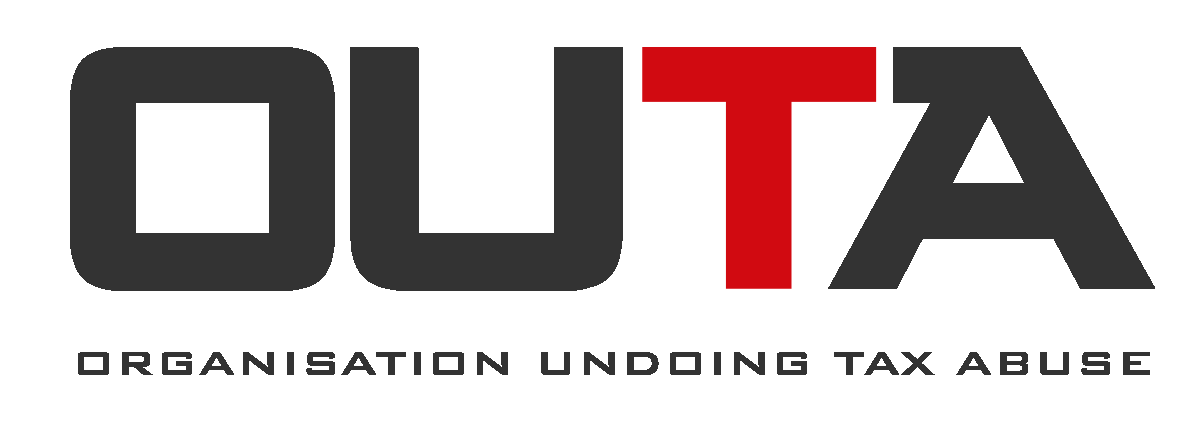Carbon Tax: An unnecessary burden to South Africa
Recent announcements indicate that the Department of Treasury will implement the tax early in 2017, following the publication of carbon off-set regulations due for comment later in June 2016.
“South Africa has become an overtaxed society and we agree with other critics of the scheme who believe the economy will be negatively impacted by the introduction of a Carbon Tax. While Government’s stated and noble intention is that the tax will help to reduce Green House Gass (GHG) emissions in the medium to long term, the Organisation Undoing Tax Abuse (OUTA) believes this will not necessarily be the case,” says said Julius Kleynhans, Project Manager at OUTA. “The carbon tax will not necessarily change business behaviour, who will in turn merely pass on the tax costs to the consumer.”
OUTA emphasised its concern that the Carbon Tax will also not be ring-fenced and that Government doesn’t have a good track record in the way money is spent. “The tax is predicted to add R13.7 billion to the fiscus and we don’t believe this economic impact will be sufficiently off-set through revenue recycling or other initiatives expressed by Treasury,” added Kleynhans.
“In addition to the Carbon Tax applied, will be the cost of auditing and carbon emission verification processes which businesses will have to pick up. As it is, the administrative complexity and burden of tax reporting in South Africa has reached high levels and become a serious cost to business. The carbon tax will add further complexity and operating expenses to business,” says said Wayne Duvenage, Chairman of OUTA.
“Eskom’s electricity tariff increase of almost three times the rate of CPI over the past eight years, has become a tax on its own to society and has had a significant impact on businesses need to reduce electricity (and fuel) consumption, thereby inadvertently reducing their GHG emissions. We certainly don’t need another complicated, ineffective and unringfenced tax to be added to Treasury’s shopping list.”
With the National Treasury expecting to launch the draft Carbon Tax Bill in August or September this year, the Department of Environmental Affairs responsible for the GHG reporting and the technical guidelines, have yet to publish the regulations and guidelines on the reporting and monitoring of GHG before the carbon tax can go ahead. OUTA urgently asks big business and their respective industry associations to begin in earnest to assess the real impact and burden of the Carbon Tax on their businesses and to seriously question the need for the introduction of yet another regressive tax on society.
